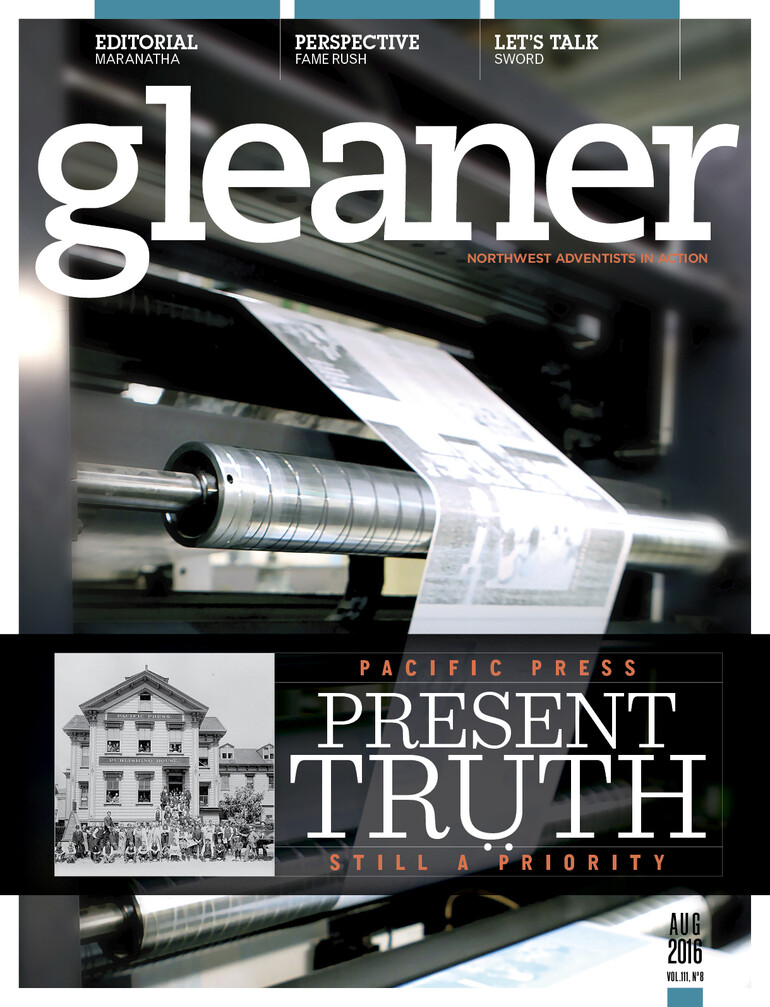Before the age of multiblade, aloe-infused, disposable razors, there was the “safety” razor. A vast improvement over the venerable but temperamental straight-edge razor, this implement was a thing of engineering beauty to any young lad who longed to be a man.
My father treated his safety razor like a gun — he left it unloaded until it was ready to use. A twist of the handle opened the razor’s “doors” to allow insertion of a fresh and sharp double-edged blade. I would watch intently as he mopped soapy shaving suds onto his face and carefully applied the razor. I couldn’t wait until I was old enough to do the same.
In the meantime, he allowed me to practice without the blade. I would spread the foam over my peach fuzz and scrape off the white foam just as if I was really shaving. Except I wasn’t. It was just pretend.
When the first real whiskers began to sprout on my chin, they did so with inopportune timing. Sporadic teenage acne made the shaving experience a dicey choreography. The razor was no respecter of pimples or pride. Some mornings, bits of hastily snatched toilet paper blotted the worst offenders. But with the risk came the reward of progress. I was past the point of pretend, accomplishing more than just swiping at the surface.
Some of us are struggling to get our spiritual experience past the pretend stage. We are imitating the motions, but something is seriously lacking. Beyond the surface foam, nothing is getting done. No progress is being made. We have no new spiritual victories to celebrate, no fresh testimonies to share.
Perhaps the razor provides a lesson. Shaving without the blade neglects the essential elements of progress and transformation. It's just pretend.
That all changes when we turn to something strangely akin to my father's double-edged razor — the biblical "two-edged sword."
“For the word of God is living and powerful, and sharper than any two-edged sword, piercing even to the division of soul and spirit, and of joints and marrow, and is a discerner of the thoughts and intents of the heart” (Heb. 4:12).
The Word is a sword. Yet to those who presumptuously pick up Scripture to cut and wound, Jesus says, as He did to Peter, “Put away your sword.”
This two-edged dicotomy, whether applied to our lives or others, requires Someone qualified to wield a potentially lethal weapon. Revelation 1 and 2 describes Jesus as the one who commands the “sharp two-edged sword.”
In His hands, this is the only spiritual implement that can do heart surgery. Acts 2 describes the Jews of Jerusalem, who upon hearing the gospel message, “were cut to the heart.” Beyond human reasoning or condemnation, this sort of conviction is evidence of divine work. Spending time with our Lord in the Word, allowing that two-edged sword to cut us to the heart, is our pathway beyond status quo.
A knife in the hand of an adversary becomes a weapon of destruction. In the hand of a skilled surgeon, it is an instrument of salvation.
Thus our great joy: The one who wields the sword of Revelation is not an adversary, but an Advocate.











